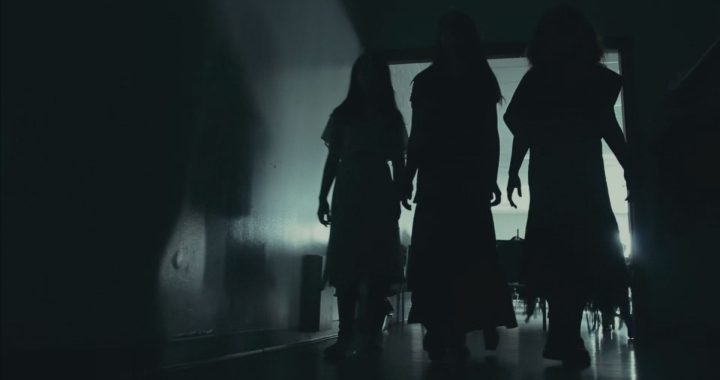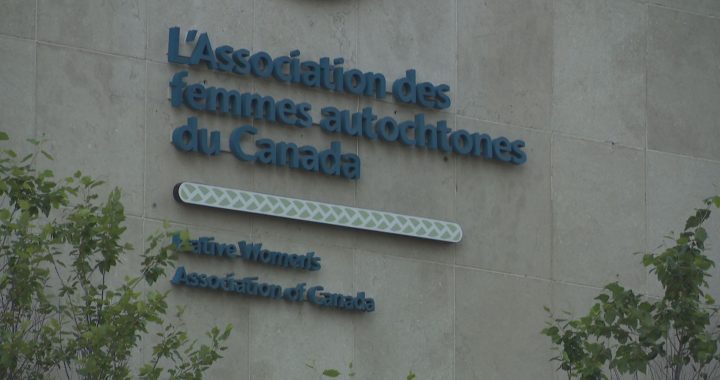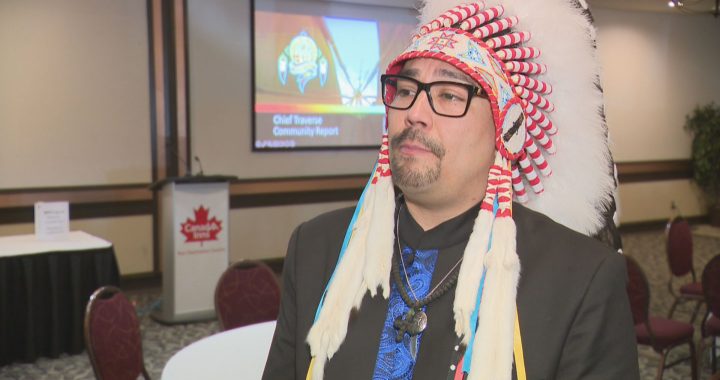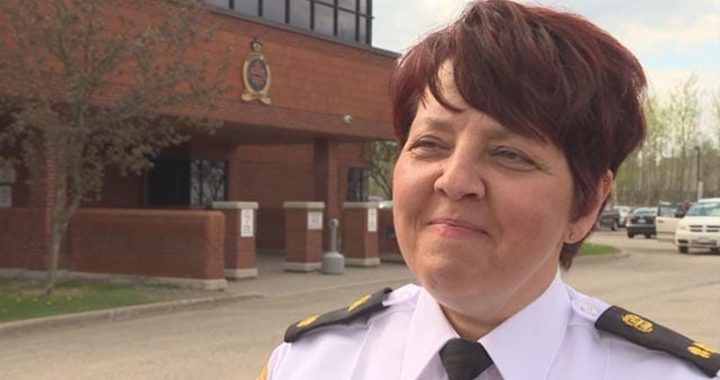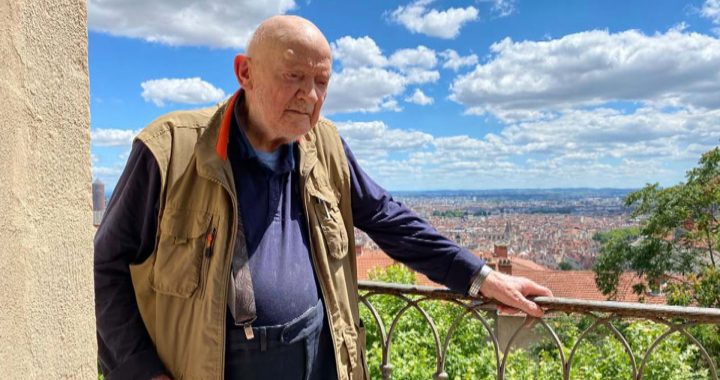The Northwest Territories is looking into whether implementing a ruling from the Supreme Court of Canada that dates back more than two decades will help Indigenous offenders facing a criminal sentence.
In 1999, Canada’s highest court issued what is known in some circles as the Gladue ruling. It directs judges to consider an Indigenous person’s history prior to handing down a sentence.
A judge does this by reading what are called Gladue reports.
The problem is, not many people know about them and there are no national standards to make these reports the norm rather than the exception.
Desiree Dulplessis, an Anishinaabe senior manager and Gladue caseworker with Aboriginal Legal Services of Toronto, has made it her mission to inform the courts on the personal and community histories of colonialism and its ongoing effects on Indigenous Peoples.
READ MORE:
Majority of provinces, territories lack ‘indispensable’ Gladue report-writing programs
She does this through Gladue reports.
Duplessis has been hired by the N.W.T. to run public information sessions so people can learn more about them.
“A Gladue report is different than a pre-sentence report because of the participation of the offender,” she said. “So, from the pre-sentence reports that I’ve written, it’s all very third person and so and so did this, they were born here, they’ve done this and although there are sections for the Gladue factors, I don’t think that they are explored in enough detail to really get the gist of what had happened.”
The N.W.T. has the second-highest incarceration rate across the northern territories, according to Statistics Canada, with 534 adults per 100,000 people incarcerated. Nunavut is the highest with 667 per 100,000 people and Yukon sits at 206. The provincial average is 80 people per 100,000.
According to the territorial government, Indigenous people make up 50 per cent of the general population and 83 per cent of people behind bars.
The accused
Gladue reports are written with the help of the accused and can be submitted as early as a bail hearing. They can be requested by the defence or ordered by a judge.
It’s an exhaustive report that carefully documents the history of the person being charged with a crime.
The goal is to allow the judge, defence lawyer and Crown counsel to find alternatives to incarceration so the offender can get help that he or she needs.
“The reason we discuss the recommendations with the client is because when they are involved in the process and they are agreeable to the recommendations they are more likely to follow up with them,” said Dulplessis.
“If we do the legwork to determine what options are available to the client the judge is more likely to adopt them.”
The country
Gladue reports are used in other parts of the country including Ontario, British Columbia, Alberta and the Yukon.
Karen Wilford, executive director of Legal Aid in the N.W.T., said the territory does include “Gladue factors” in pre-sentence reports written by government officials including probation officers.
“I’m not sure that pre-sentence reports are limited. In fact, the Legal Aid Commission hires lawyers from other jurisdictions to come in and go on circuit court and the commentary I’ve had from defence counsel, are that pre-sentence reports that are done here are excellent,” she said.
Karen noted that all lawyers hired to the Legal Aid Commission of the N.W.T. are required to read the 49 Calls to Action outlined in the Truth and Reconciliation Commission and require a letter of reference from someone already sitting on the panel.
In general, a pre-sentence report takes six to eight weeks to complete. Duplessis estimated that Gladue would hold a similar time frame but would need to be financially backed.
Tłįcho community
At an information session in Behchoko, the largest Tłįcho community in the N.W.T., participants said pre-sentence reports don’t capture the whole picture.
A pre-sentence report is mainly written by a probation officer, who interviews the offender, contacts family members and an employer, and writes a recommendation for the judge. First, they must get consent to all of these people contacted to provide information – something they may be reluctant to do.
Giselle Marion, a participant in the information session and client service worker with the Tłįcho government, said there is a language barrier in the territory when legal jargon is interpreted and capacity training would be needed for Gladue writers.
“It would be great if a justice coordinator could provide some sort of Gladue report on the person who is coming to diversion,” Marion said.
“I feel like a Gladue report would touch on after care, circumstance, what to do, how to handle the circumstances of that person.”
Context and background
Dulplessis said context and background information about the offender is available if legal professionals engage with their clients but often the offenders’ opinions are not sought.
“Personally, I just don’t think that the person’s personal circumstances are considered enough, and I think that, if we were to include people in there in the justice system and what happens to them in the end that they would be more of a willing participant.”
In a territory where the overwhelming majority of people behind bars are Indigenous, a takeaway from the Behchoko session is that Gladue reports could be another tool to better serve offenders with restorative justice.
“And so it is one of the only documents that a judge will see in which the offender has had a place,” said Dulplessis. “And so we often include direct quotes from the offender and their family and friends or anybody that we interview and that really allows them to tell their story.”




